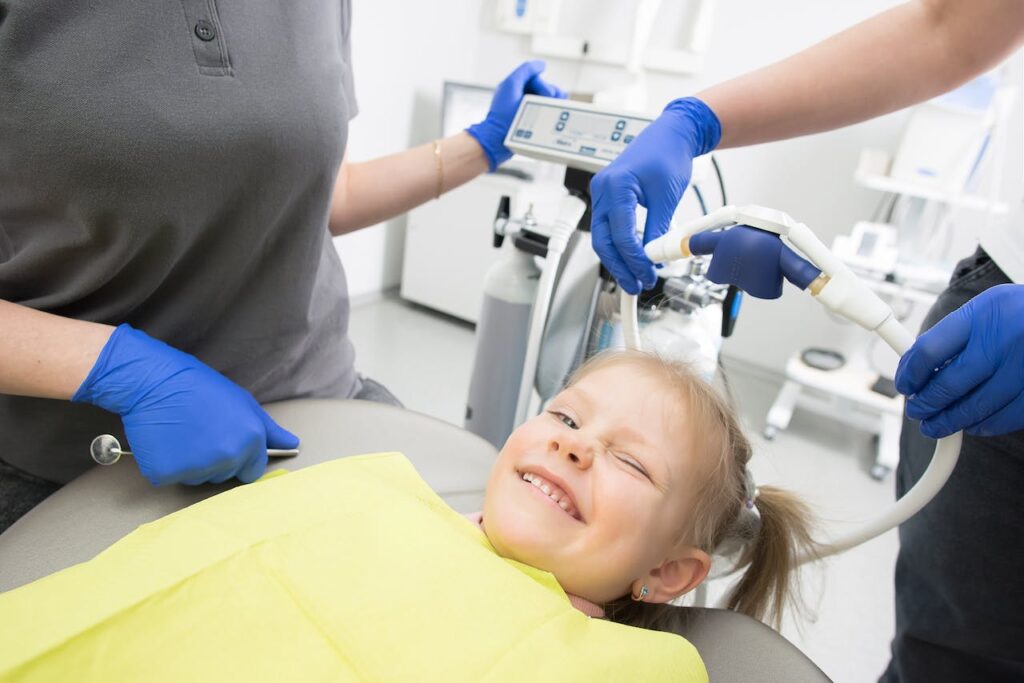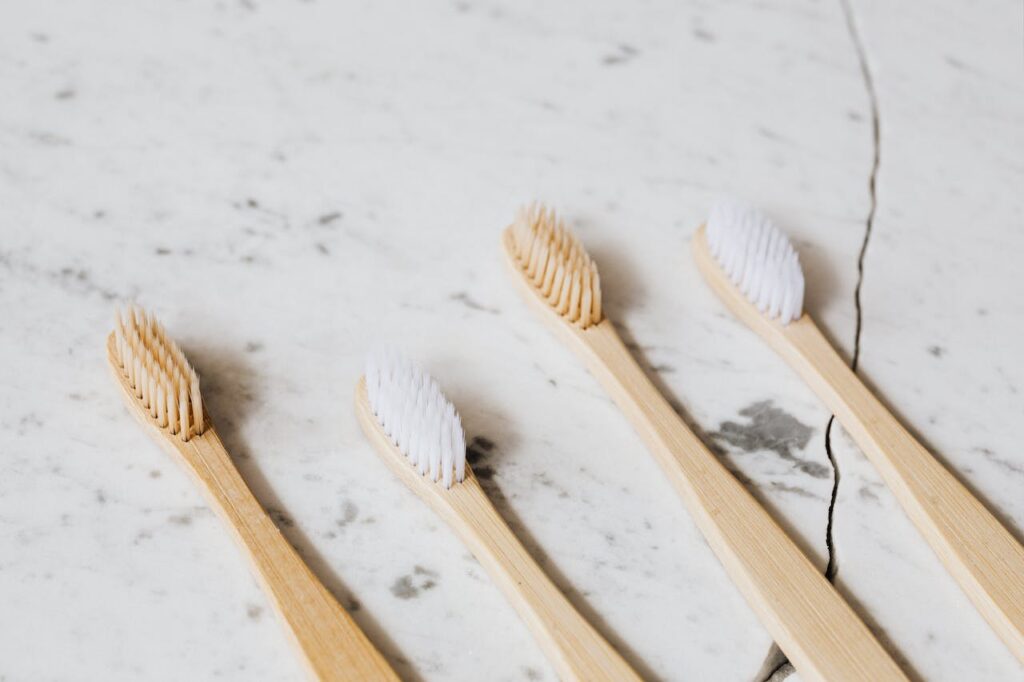The first dental visit is a critical step in a child’s lifelong journey of dental health. Preparing your child for this experience can be transformative, shaping their perception of dental care from a young age. This article explores effective strategies to ensure your child’s first dental encounter is positive and stress-free.
Understanding the Importance of Early Dental Visits
The first dental visit is more than just a routine check-up; it’s a foundational step in a child’s long-term oral health journey. Recognizing the significance of these early visits is key to ensuring lifelong dental health and comfort with dental care.
Early Detection and Prevention
One of the primary reasons for early dental visits is the early detection and prevention of potential oral health issues. Pediatric dentists can identify signs of tooth decay, assess the risk of cavities, and detect anomalies in tooth and jaw development. Addressing these issues early can prevent more complex problems in the future.
Establishing a Dental Home
Early visits help in establishing a ‘dental home’ for the child. This concept goes beyond the physical space of a dental office; it’s about creating a continuous relationship between the dentist and the child. This relationship is crucial for developing a comfortable, familiar, and trusting environment for ongoing dental care.
Educating Parents and Caregivers
These initial visits are also an opportunity for parents and caregivers to learn about proper oral hygiene practices for children. Pediatric dentists provide valuable guidance on brushing techniques, fluoride usage, dietary habits, and how to handle common issues like teething and thumb sucking.
Acclimatization to Dental Environments
Early dental visits allow children to acclimate to the sights, sounds, and experiences of a dental office. Familiarity with the dental environment, staff, and routine procedures reduces anxiety and fear associated with dental visits. This acclimatization is important for building a positive attitude toward future dental care.
Habit Formation and Oral Hygiene
Starting dental visits early instills the habit of regular dental checkups. It sets the tone for prioritizing oral health and hygiene from a young age, which is crucial for maintaining healthy teeth and gums throughout life.
Intervention and Guidance
Pediatric dentists can provide timely interventions and guidance if they detect issues like misalignment, bite problems, or other oral health concerns. Early interventions can often simplify or even eliminate the need for more extensive treatments later.



